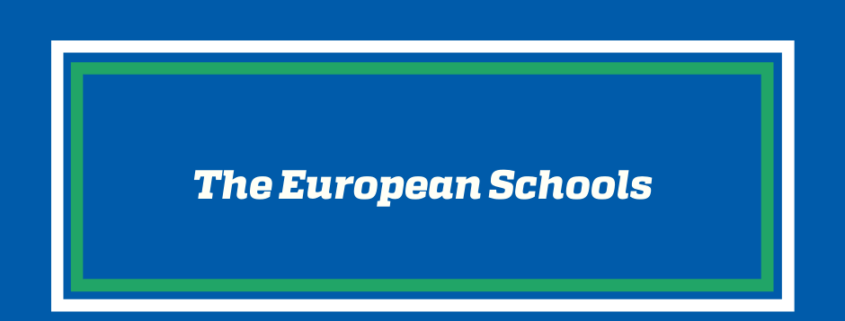Parliamentary question
The European Schools can and should be a paragon of European education, benefiting from the best and most innovative ideas coming from DG EAC. Unfortunately, the schools are currently lagging behind in several of the eight key competences for lifelong learning set out in the Council Recommendation of 22 May 2018 (OJ C 189, 4.6.2018, p. 1), including digital competence, civic competence, entrepreneurial competence, personal, social and learning competence, and the technology and engineering strands of the STEM competence. As a result, the schools have yet to benefit from their close ties with the Commission. DG EAC could be more heavily involved in the European Schools, considering that the EU institutions’ ability to attract qualified officials is closely related to the quality of the education offered by the European Schools.
DG HR continues to represent the Commission on the governing bodies of the European Schools, provide educational oversight of the money being spent by the Commission on the European Schools, and ensure value-for-money in pedagogical terms.
How does the Commission aim to ensure that DG EAC has ‘pedagogical oversight’ of the European Schools, given that the European Schools serve as a vision of future education?
Answer given by Mr Hahn on behalf of the European Commission
Directorate-General Human Resources and Security (DG HR) provides a financial contribution to the European Schools system and represents the Commission, on behalf of the European Union, in the schools’ decision-making bodies. In this framework, DG HR closely cooperates with Directorate-General Education, Youth, Sport and Culture (DG EAC) on pedagogical aspects. The decision-making bodies, notably the Joint Teaching Committee and the Board of Governors exercise the pedagogical oversight.
DG EAC ensures that the Secretary-General of the European Schools and his staff are kept informed about all educational matters relevant to the schools’ curriculum and diplomas. Notably, they are invited to participate in the European Education summits and in various events related for instance to the eight key competencies for lifelong learning, the recognition of diplomas and school certificates and the Pisa results of the Organisation for Economic Cooperation and Development.
Moreover, DG EAC recommended experts for the ‘Pedagogical Reform’ Working Group established within the European Schools system in particular in order to make proposals for the development of curriculum standards based on the eight key competences for lifelong learning.
The introduction of the eight key competences into the curriculum is one of the key priorities of the Spanish Presidency of the European Schools (2019/2020). In parallel, work on a framework for digital competence and entrepreneurship is progressing. The involvement of concerned services is required in the development of the different competences.





Leave a Reply
Want to join the discussion?Feel free to contribute!